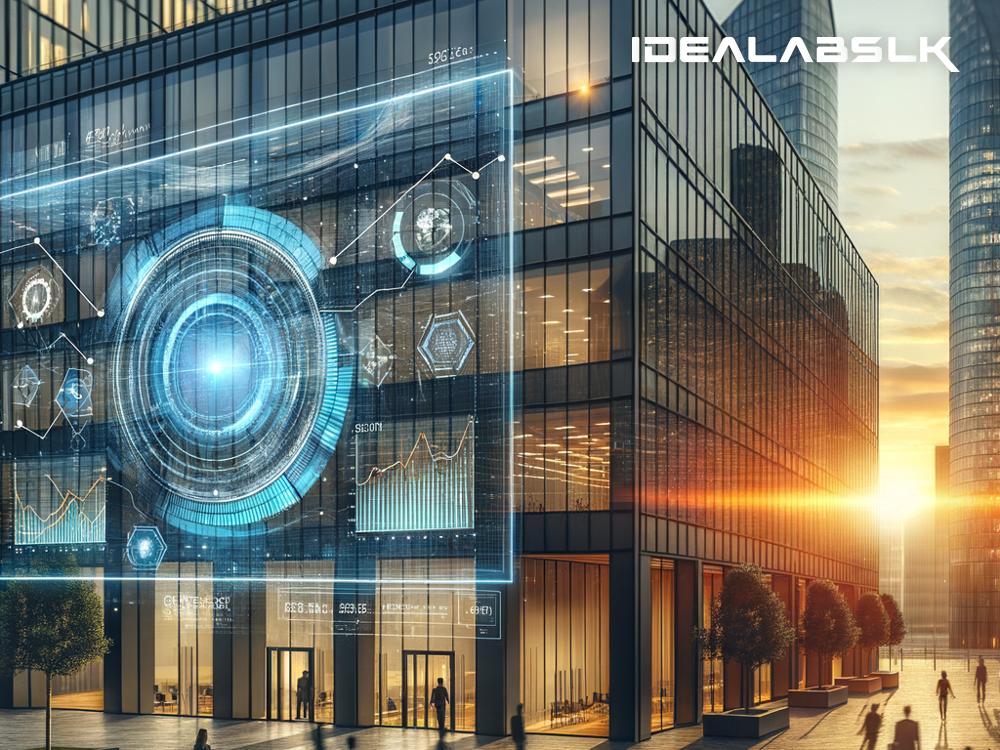Unpacking AI: A Game-Changer for Market Trends in Commercial Real Estate
In the ever-evolving world of commercial real estate (CRE), staying ahead of market trends isn't just good practice—it's essential for survival. Enter Artificial Intelligence (AI), a technology that's transforming the industry in ways we had only imagined a few decades ago. But how exactly is AI shaping market trends in commercial real estate? Let's break it down into simpler terms.
AI: The Basics
At its core, Artificial Intelligence is the ability of a computer or a machine to think, learn, and make decisions like a human. Imagine having a super-smart robot that can analyze massive amounts of data, spot patterns, make predictions, and even suggest actions—all in a fraction of the time it would take a team of people to do the same.
The Impact on Market Trends
In commercial real estate, understanding market trends is critical. It's about knowing which areas are becoming more popular, which types of buildings are in demand, and predicting changes before they happen. Traditionally, this has required a lot of data collection, analysis, and, frankly, a bit of guesswork. That's where AI comes in, changing the game in several key ways:
-
Predictive Analytics: AI can sift through enormous amounts of data—like economic indicators, occupancy rates, and local development plans—to predict future market trends with astonishing accuracy. For investors, this means making more informed decisions about where and when to invest.
-
Property Valuation: Determining the value of a commercial property involves many variables. AI models can quickly evaluate these factors, providing more precise valuations and helping investors understand the potential return on investment for different properties.
-
Customer Insights: By analyzing data from various sources, AI can provide insights into what potential tenants or buyers are looking for in a property. This means landlords and sellers can make targeted improvements to their properties to meet market demands, sometimes even before the demand is fully recognized by humans.
-
Operational Efficiency: AI isn't just about predicting trends; it's also about improving how properties are managed. From energy efficiency to maintenance scheduling, AI can optimize operations, saving time and money, and ultimately making properties more attractive to tenants and buyers.
Real-World Examples
Let's look at a couple of examples of how AI is being used in the CRE industry today:
-
CompStak: This platform uses AI to analyze commercial lease transactions. By understanding the details of thousands of leases, CompStak can help users spot trends in leasing rates, lease terms, and concessions across different markets.
-
Enertiv: Specializing in operational efficiency, Enertiv uses AI to monitor building systems in real-time, predicting maintenance needs before they become costly problems. This not only saves money but also keeps tenants happy with smoothly running facilities.
The Future is Bright—and Smart
The integration of AI in commercial real estate is just getting started. As technology evolves, we can expect even more innovative applications of AI. For instance, AI could help design more efficient buildings by analyzing countless design options to find the most cost-effective and environmentally friendly solutions. Or, imagine virtual AI assistants that can answer potential tenants' questions, schedule viewings, and even negotiate leases.
Navigating Challenges
While AI offers incredible opportunities, it's not without its challenges. There's the issue of data privacy and security, as AI relies on access to vast amounts of information. Also, as AI assumes tasks traditionally done by humans, there's a potential impact on jobs in the industry. Navigating these challenges will be key to fully leveraging AI in a way that benefits everyone involved.
Wrapping Up
In the world of commercial real estate, AI is much more than a buzzword; it's a transformative technology that's reshaping how we understand and act on market trends. By harnessing the power of AI, industry professionals can make smarter decisions, manage properties more efficiently, and stay ahead in a competitive market. The future of CRE is not just about buildings and locations—it's about data, predictions, and technology. And in this future, AI is undoubtedly leading the way.

